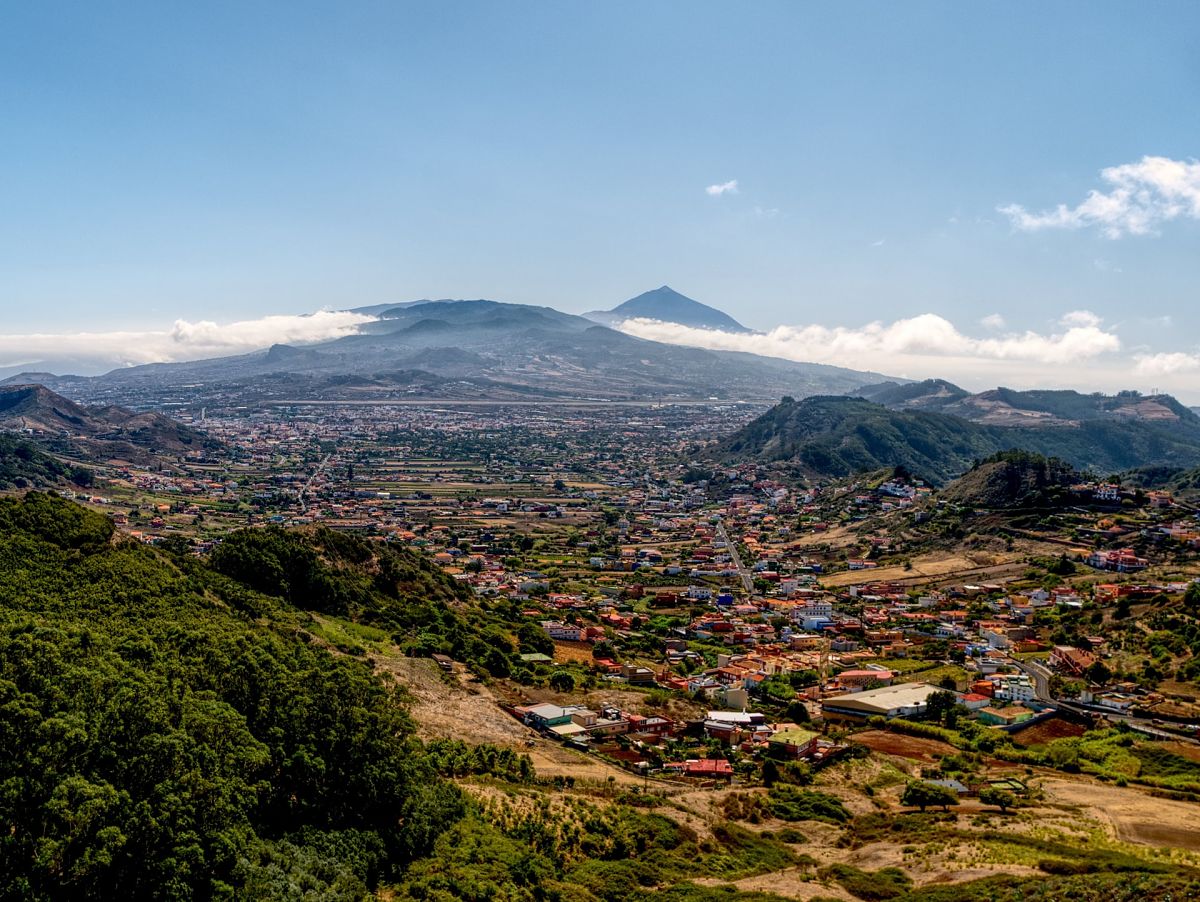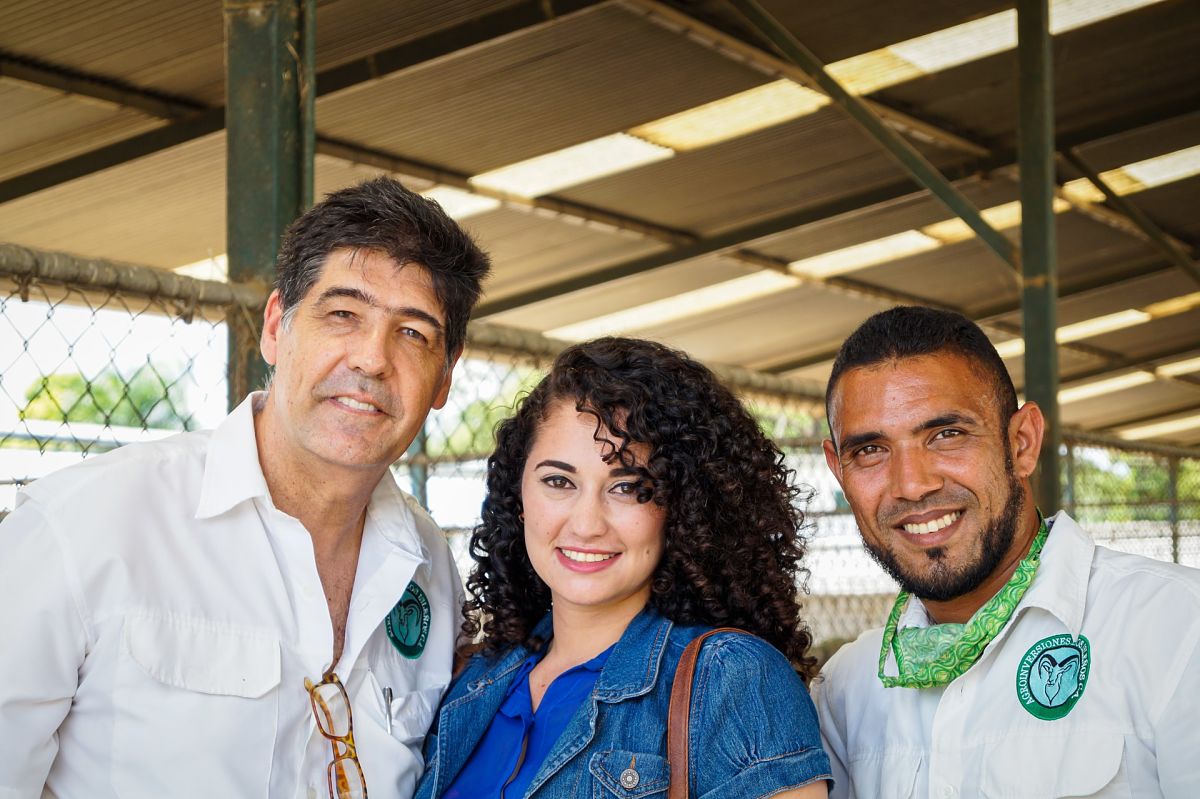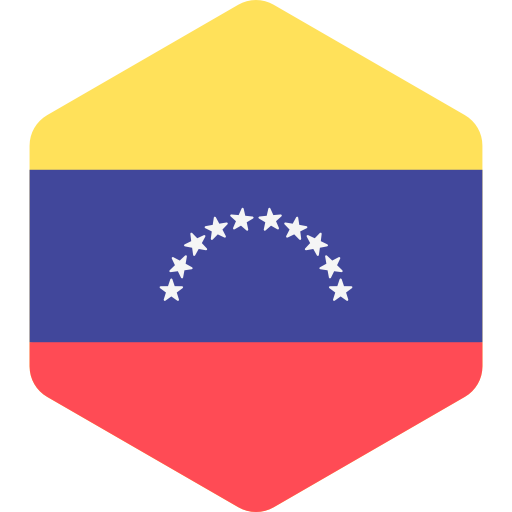Venezuela - Culture, Etiquette and Business Practices
Welcome to our guide about Venezuela!
Perfect for anyone interested in the people, society, manners and business culture.
What will you Learn?
You will gain an understanding of a number of key areas including:
- Language
- Religion and beliefs
- Culture and society
- Social etiquette and customs
- Business culture and etiquette
Facts and Statistics
Location: Northern South America, bordering the Caribbean Sea and the North Atlantic Ocean, between Colombia and Guyana
Capital: Caracas
Climate: tropical; hot, humid; more moderate in highlands
Population: 32+ million (2019 est.)
Ethnic Make-up: Spanish, Italian, Portuguese, Arab, German, African, indigenous people
Religions: nominally Roman Catholic 96%, Protestant 2%, other 2%

Las Mercedes, Caracas, Miranda, Venezuela by Matthias Mullie on Unsplash
Languages in Venezuela
About 40 languages are spoken in Venezuela. However, Spanish, the country's official language, is the most common. The most widely spoken indigenous languages are Wayuu, Warao, Piaroa, Yanomami, Kahlihna, Manduhuaca, Panaré, Pemón, Guahibo and Nhengtu. Most of these languages originated in the languages of the Caribs, the Arawaks and the Chibcha.
As more indigenous people move to the cities, many of their languages are becoming extinct. Languages such as Sapé and Mapoyo have five or fewer speakers. Anthropologists are trying to learn these languages and the stories of these peoples before the last people who speak these languages die.
Italian, Portuguese, Chinese, Arabic and English are the most common foreign languages spoken in Venezuela. Some English words, such as "parking," have found their way into Venezuelan Spanish.
Venezuelans often speak less formally than people in most other Spanish-speaking countries.
Venezuelan Society & Culture
Venezuelan Pride
- Venezuelans are proud of their country and heritage.
- Simon Bolivar, who liberated much of South America from the Spanish colonialists, was born in Venezuela.
- Their flag is a national icon and is respected and admired.
- There are four separate public holidays that commemorate independence, during which time flags are flown outside private houses as well as public buildings and there are street parades.
Venezuelan Family Values
- The family is the cornerstone of the social structure and forms the basis of stability for most people.
- The individual derives a social network and assistance in times of need from the extended family.
- In villages it is common for members of the extended family to live close to one another, often on the same block.
- Nepotism an accepted practice and is considered a good thing, since it implies that employing people one knows and trusts is of primary importance.
Venezuelan Hospitality
- Venezuelans pride themselves on their hospitality.
- They go out of their way to make guests feel welcome and comfortable.
- Venezuelan hosts cater to their every desire.
Religion in Venezuela
- Freedom of religion is guaranteed by the Venezuelan constitution.
- More than 90% of the population is Roman Catholic.
- Some indigenous people practice their traditional religions, but many have converted to Roman Catholicism.

Happy co-workers snapped in Maracay, Aragua by Jorge Salvador on Unsplash
Etiquette & Manners in Venezuela
Meeting Etiquette
- A firm handshake, with direct eye contact and a welcoming smile are the standard greeting. When shaking hands, always use the appropriate greeting for the time of day - 'buenos dias', 'buenas tardes', or 'buenas noches'.
- When meeting groups always introduce yourself to the eldest person first.
- When leaving, say good-bye to each person individually.
- Since this is a formal culture, address people by their academic or professional title and their surname until invited to move to a first- name basis.
Gift Giving Etiquette
- If invited to a dinner party, send flowers, particularly orchids, in advance of the event.
- Do not give handkerchiefs since they are considered unlucky.
- Gifts are generally opened when received.
- Always send a handwritten thank you note as it marks you as a person with class.
Dining Etiquette
- If you are invited to a Venezuelan's house:
- Arrive 15 to 30 minutes later than invited.
- Arriving on time or early shows that you are too eager, which is interpreted as greedy.
- Dress conservatively but with an elegant flair. Smart casual dress is usually acceptable.
- Never decline an offer of coffee, as it is a symbol of hospitality to Venezuelans.
Table manners
- Wait for the host or hostess to tell you where to sit. There may be a seating plan.
- Table manners are Continental -- the fork is held in the left hand and the knife in the right while eating.
- Do not begin eating until all other diners are seated, unless encouraged by the host to start.
- The host saying 'buen provecho' (enjoy or have a good meal) is the customary invitation for everyone to eat.
- In most cases, a maid or server will place food on your plate, although large dinner parties may be buffet style.
- Always keep your hands visible when eating, but do not rest your elbows on the table.
- Food is always eaten with utensils. Even fruit is eaten with a knife and fork.
- Keep your napkin on your lap while eating.
- Wait for a toast to be made before taking the first sip of your drink. Venezuelans typically toast with the word 'salud'.
- The host makes the first toast.
- When not using utensils, rest the tips on the edge of the plate with the handles resting on the table.
- It is considered polite to leave a small amount of food on your plate when you have finished eating.
- When you have finished eating, place your knife and fork diagonally across the plate with the prongs facing down and the handles facing to the right.
Typical fried foods eaten in Venezuela. Photo by Frederick Medina on Unsplash
Business Culture and Etiquette in Venezuela
If you're looking for expert help and advice on doing business in Venezuela, then this is what we do!
Click here to learn more about our customized cultural training.
Relationships & Communications
- This is a country where networking is important since it broadens your base of personnel who might have a connection you need.
- As with many Latin cultures, Venezuelans are risk averse, which makes it important that they know and trust the people with whom they do business.
- Venezuelans prefer face-to-face meetings to doing business by telephone or in writing, which are seen as too impersonal. It takes time to develop relationships.
- Appearances matter to Venezuelans. Dress well and try to stay in a reputable hotel.
- Senior positions in business are predominately held by the upper class, so it is important that you pay attention to the hierarchy and show appropriate deference and respect to those in positions of authority.
Business Meeting Etiquette
- Business appointments are required and can often be scheduled on short notice; however, it is best to make them about 2 weeks in advance by telephone, email or fax.
- Confirm meetings by fax or email, in Spanish, at least one week before the meeting. It is best to schedule appointments in the morning.
- Avoid scheduling meetings on Friday afternoon, as many Venezuelans leave early for the weekend.
- It is often difficult to schedule meetings in the two weeks before and after Christmas and Carnival, and three weeks before and after Easter.
- Venezuelans are generally punctual for business meetings, especially if they are accustomed to working with international companies.
- The first meeting is formal.
- Have all written material available in both English and Spanish.
- Decisions are not reached at meetings. Meetings are for discussion and to exchange ideas.
- Send a thank you note to the most senior executive after the meeting.
Business Negotiation
- Expect a minimal amount of small talk before getting down to business. Older Venezuelans prefer to get to know people before doing business with them while younger businesspeople are more concerned with business than the social relationship.
- It will take several meetings to come to an agreement. Negotiation and time for consultation are important.
- Relationships are viewed as more important than business documents.
- Negotiations and decisions take a long time.
- Venezuelans focus on long- term rather than short-term goals.
- Venezuelan business is hierarchical. Decisions are made by the person with the most authority.
Dress Etiquette
- Appropriate business attire is expected.
- Men should wear good quality, conservative, dark coloured business suits.
- Women should wear stylish suits or dresses. They should be elegantly dressed, including make-up, jewellery and manicures.
Business Cards
- Business cards are exchanged during introductions with everyone at a meeting.
- Have one side of your business card translated into Spanish.
- Present your business card with the Spanish side facing the recipient.
- Business cards should contain both your professional and educational qualifications, since Venezuelans are status conscious.
- Writing on someone's business card in front of them is considered very rude.
Management
- Read more about the Management Culture in Venezuela for detailed information on this topic.
THANKS FOR READING OUR GUIDE TO VENEZUELA. PLEASE SHARE IT IF YOU FOUND IT USEFUL!
Do you need to cite this page for school or university research?
Please see below examples.
Simply change the country name depending on which guide you are referencing.
MLA Format:
Commisceo Global Consulting Ltd. Afghanistan - Language, Culture, Customs and Etiquette. www.commisceo-global.com. 1 Jan. 2020 https://commisceo-global.com/resources/country-guides/afghanistan-guide
APA Format:
Commisceo Global Consulting Ltd. (2020, January 1) Afghanistan - Language, Culture, Customs and Etiquette. Retrieved from https://commisceo-global.com/resources/country-guides/afghanistan-guide
Harvard Format:
Commisceo Global Consulting Ltd. (2020). Afghanistan - Language, Culture, Customs and Etiquette. [online] Available at: https://commisceo-global.com/resources/country-guides/afghanistan-guide [Accessed ENTER DATE].

 +44 0330 027 0207 or +1 (818) 532-6908
+44 0330 027 0207 or +1 (818) 532-6908



